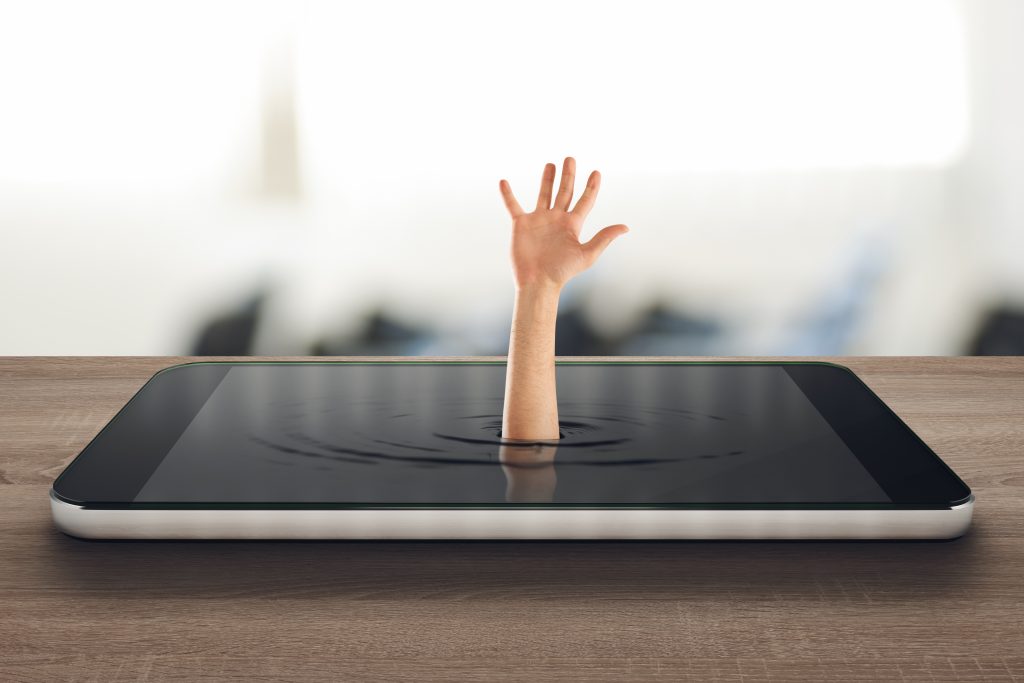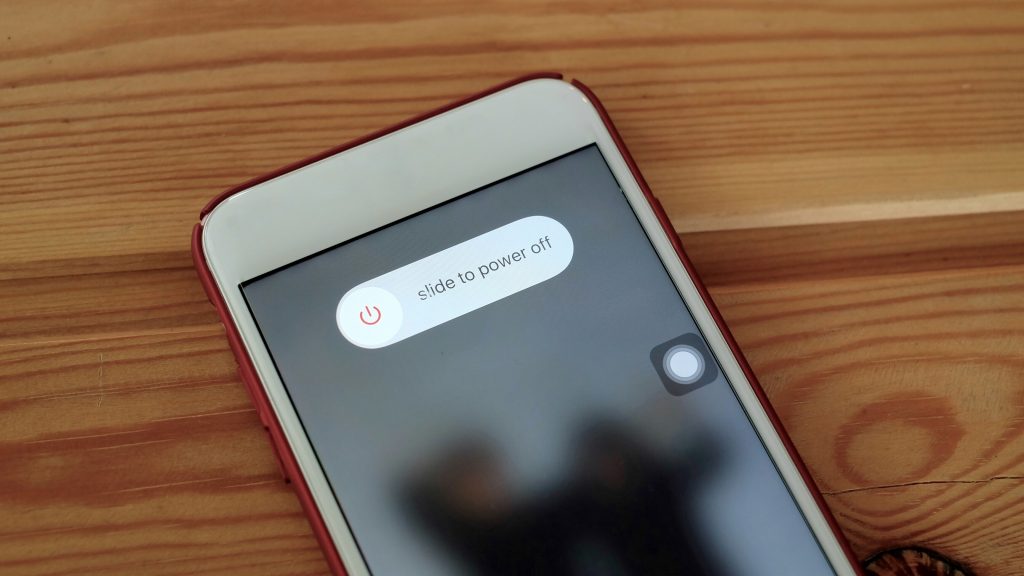I’ve long been an advocate of flexible working. Our business lends itself quite well to it and we’ve been doing it for a long time, so it’s become normal and the default. We have a culture of flexibility. Need to pick the kids up at 3pm? OK. Want to start at 6am so you can look after the kids when your partner works an afternoon shift? Sure. Put in a load of extra hours in the last few weeks and want to skip Monday to take a breath? Entirely reasonable.
It’s not totally open-season of course. Like most businesses, we have some functions which require us to be in a certain place at a certain time. We promise our customers that our helpdesk will be staffed from 7:30am. Collaborative work, meetings and work with clients generally has to happen in ‘normal’ office hours. So we have to communicate and figure things out so everyone knows what’s going on. Fundamentally though, we have each other’s backs when it comes to making work fit in with ‘life’.
We’ve recently created a ‘wellbeing’ group in the business. This employee-led group is there to promote the general health, safety and wellbeing of everyone in the company, no matter what their role. One of the first issues to be raised is the impact of various people in the company sending e-mails and messages ‘out of hours’. I’m probably one of the people who does this the most – I work weird hours and long hours. I’m far from alone though – it’s very common for me to receive stuff all around the clock.
I understand the problem this can create for the recipient. When I get up at 6:30 there will be a handful of things on automated emails – newly released tenders, newsletters and wotnot. In the days when I was working more with our US subsidiary there would be emails from the end of the previous day. Increasingly there will be things from local colleagues who are working very early or very late. When I go to bed at 11pm they will still be coming in, along with interesting chatter on Twitter and LinkedIn. It literally never stops.

The result can be a creeping and relentless erosion of your personal identity as work is always there. So much of our home life is built around technology – chatting to friends, surfing Facebook, doing the shopping or booking a cinema ticket all takes you to your phone and iPad. When work emails, Teams messages or even corporate social media live on those same devices, separation of work and home becomes almost impossible. Gradually you come to realise that technology has dismantled whatever boundaries you had and the day is an interwoven thread of doing work, organising tonight’s meal, replying to a customer email, booking cinema tickets for the weekend, preparing a sales presentation, doing an online shop and running some software tests.
What can we do? One suggestion is that we ask people not to email their colleagues ‘out of hours’. As soon as I send a message I am putting the recipient under pressure to reply immediately. That’s especially true when a senior manager is asking more junior colleagues for something. If ‘the boss’ is working at 8pm then it’s natural to infer that I should be too. Wouldn’t it be best if people just didn’t send messages “out of hours”.
The rather obvious drawback to this is that it’s a first step in undoing flexible working. When we say “out of hours”, whose hours are we talking about? Such an approach nudges everyone back towards working 9-5, or at least marginalises those who work outside those hours as doing something undesirable or anti-social. It also puts the onus on the sender to know what hours the recipient (or recipients) want to work.
I think the primary responsibility actually lies with each of us to determine when we are available for work. Additionally, as a manager it’s on me to empower everyone else to do the same.

I have recently struggled with this issue myself. My working hours have stretched at both ends of the day, almost to the point of meeting in the darkest hours of the night. It culminated in a mini-burn out. Fortunately, physical exhaustion acted as a fuse, switching me off just before I failed emotionally. At the last minute I dropped out of our annual user group meeting – the event I enjoy most each year and one which so many of my colleagues put so much work into.
Having heard the warning shot loud and clear I took a few actions.
Firstly, I took a day off (and dumped my colleagues in the mire in doing so). I switched everything off, filled a flask of tea and took a walk with my dogs. I got wet. I chatted to other wet dog walkers. I drank tea and felt bad about letting colleagues down. And vowed never to ignore so many red flags again.
When I got home I removed all the personal stuff from my work laptop. And all the personal stuff from my work phone. I got a personal phone with a new number and gave that number to family and friends. For the first time in 25 years I can “turn off” work an still be reachable by my kids, family and friends.
So now I am in control of when I get work-related messages and have a clear line between work and personal space. I can’t get distracted by Twitter when I’m working because it’s on a different device. I can have my phone with me when I’m walking my dogs because work isn’t on it.
I have all the flexibility I need and it’s totally in my control, not dependent on anyone else knowing when I may or may not want to be ‘at work’. It’s guilt-free and stress-free too because I know that I’m still available to people who might really need me.
I try to set my working plan in advance – either in my head or written down somewhere. I have to know if I am “at work” or not. If I don’t, nobody else can! For example today I know I am going to finish this blog post (part work and part personal) and I’m going to do about an hour of prep this afternoon for tomorrow’s meetings. Apart from that, my work laptop and phone are switched off. I feel more in control and I know that during that hour later I will be more focussed and productive, with a set goal and a set time frame to work to.
I’m also taking breaks. I’m reluctantly accepting I am human, not to mention the wrong side of 50, and I need them. For me a break means I step away from my phone and my desk and think about something else. 10 minutes with a coffee and a dog usually does the trick.

I’m reminded of an analogy I heard recently. When an aeroplane has an emergency and the masks come down we are told to put our mask on first before helping anyone else. In management and teamwork the same applies – we must all look after ourselves to be able to help anyone else. So when I feel an urge to skip a break or reply to an email late at night I must be honest about my abilities and energy reserves. If I don’t then once again the fuses will trip and the lights will go out.
